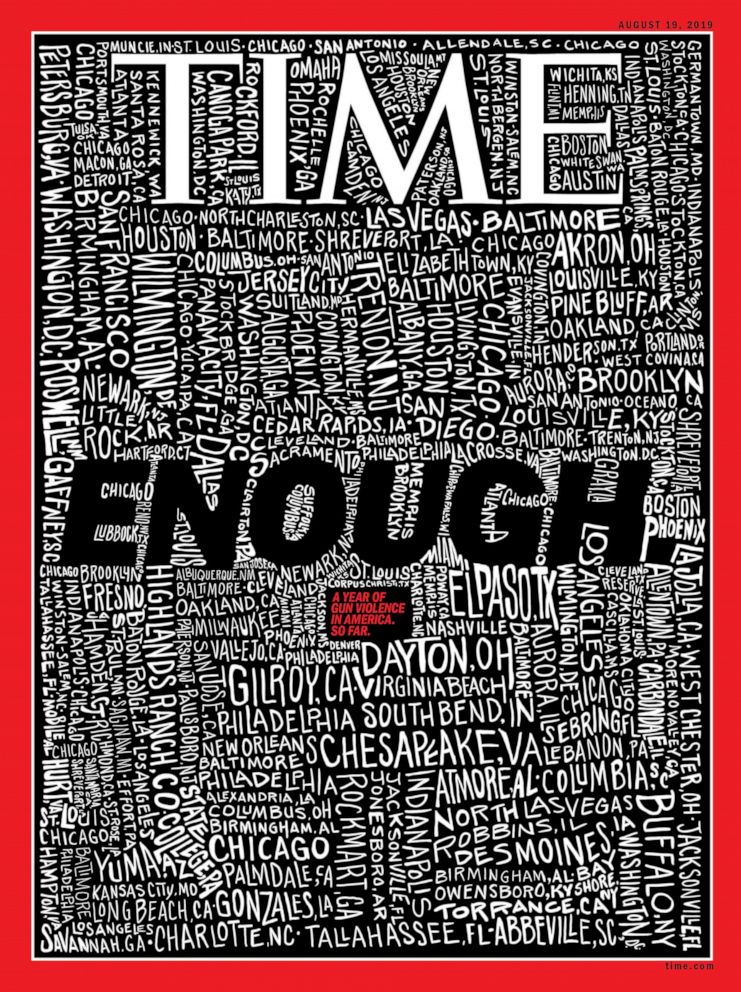The moment I saw the picture, I was pleasantly impulsive about the depth of knowledge that one picture portrayed, at least for me. Perhaps, my friends who were there might remember better what I blurted out at a moment's notice of seeing the picture.
To me, it showed a pivot point in the history of the community that led to the transition from anarchy to civility. It may well be one of the geneses of the concept of law. I do not know at what point in history that kind of practice by the community started. I have yet to hear an answer to my question about what led to the genesis of Gada (ማልቱ ገዳ ጰልቼ?), including from those who talk about it as its experts.
Many practitioners of law today may be experts in their field but I wonder how many of them actually know about the precedents that led to the genesis of the very concept of law as they know it today. A Roman lawyer can talk about a British law without knowing whether its genesis was in Rome in Latin or in London in English.
After hearing the news about the recent tragedies in El Paso, TX, and Dayton, OH, I kept asking if these kinds of tragedies happen in law land or gun land. The cover of TIME magazine's latest edition put it well: "Enough."

This TIME magazine cover reminds me the picture that I saw with friends who were there about a dozen years ago. Putting down spears appeared as if to say enough of the anarchy at the tip of spears. TIME magazine's cover doesn't explicitly add "make laws" but the equivalency appeared to me in plain sight.
Now the critical question one might ask is why is it that the civility that became a culture and way of life in some places a long time ago hasn't become an ingrained culture in other places? It probably takes incalculable tragedies before it becomes an ingrained culture.
I do not know the level of tragedies it took before Moses, Jesus, and Mohammed rose as Messiahs for their followers. However, I don't think that it is unfair to say that their rises have shaped the trajectories of civility in various ways.
I have a limited exposure, through documentaries and books, to the medieval anarchy in Europe, the two world wars, and now the artistic rendering by TIME magazine of the recent tragedies.
Winston Churchill is reported to have said, after WW II, that all nations and peoples behave wisely once they have exhausted all the other alternatives. Some seventy years later, a commemoration for a deceased actor in 2019 reads: "Born to be wild," instead of cultured to be wise.
After the medieval anarchy, the two world wars, and the recent tragedies illustrated by TIME magazine, I wonder how much more tragedies it takes before a messianic rise takes place among elements of the Wild West. I am unsure if these elements will ever write the vision of the late President Kennedy messianic some 300 years later.
When some of us talk about civility and civilization, they don't mean just words. They have depths of knowledge. The moment I was taken back the most around 2016 was when I heard on TV the word civilization come out of the mouth of Candidate or Citizen Trump. He didn't even say the word correctly in one go; he stuttered it.
With much pain for the those who were directly affected by these tragedies, the illustration by TIME magazine reminds me that moment. I do not think for a moment that this illustration shows any sign of civility and civilization; it shows an aberration from it. And I can't help asking repeatedly if such tragedies happen in law land or gun land, even if the answer seems to be obvious.